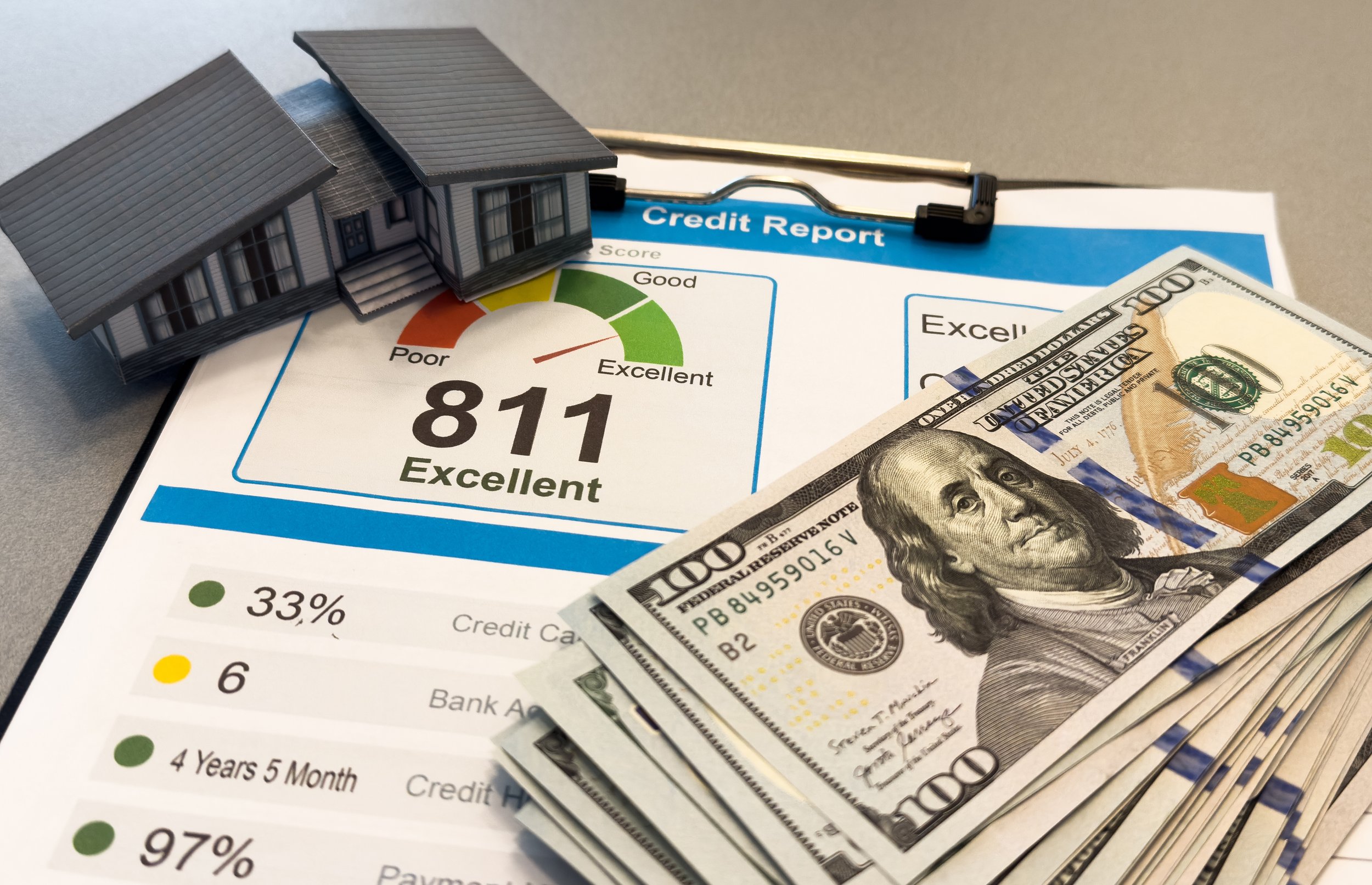What Credit Score Do You Really Need to Buy a House?
When it comes to buying a home, your credit score isn’t just a number—it’s one of the most important factors lenders use to determine whether you qualify for a mortgage and what interest rate you’ll get. But there’s a lot of confusion out there.
Is 700 the magic number? Can you buy with a score in the 600s? Let’s break it down and find out what credit score you really need to buy a house—and how your score can impact your buying power.
The Minimum Credit Score to Buy a Home
The short answer: It depends on the type of loan you’re applying for. Different loan programs have different minimum requirements:
Conventional loans (backed by Fannie Mae or Freddie Mac): Typically require a minimum credit score of 620. However, to qualify for the best rates, a score of 740 or higher is ideal.
FHA loans (backed by the Federal Housing Administration): These are designed for buyers with lower credit scores. You can qualify with a score as low as 580 with a 3.5% down payment—or even 500, but you’ll need at least 10% down.
VA loans (for eligible veterans and active military): The Department of Veterans Affairs doesn’t set a minimum credit score, but most lenders prefer a score of 620 or above.
USDA loans (for rural and suburban buyers): Usually require a minimum score of 640, although exceptions can be made.
Why Your Score Matters Beyond Approval
Even if you meet the minimum score required, your credit score can significantly impact your interest rate, monthly payment, and total loan cost.
A higher score = lower risk for the lender = better terms for you.
For example:
A buyer with a 760 credit score might get a lower interest rate than someone with a 650 score, even if they’re buying the same house with the same down payment.
That difference in rate can mean thousands of dollars saved (or spent) over the life of your loan.
How to Check and Improve Your Credit Score
Before you apply for a mortgage, it’s smart to pull your credit report and check your score. You can access your credit reports for free at AnnualCreditReport.com, and many banks or credit cards offer free score tracking.
If your score isn’t where you want it to be, here are some quick tips to boost it:
Pay all bills on time—payment history is the biggest factor in your score.
Pay down high credit card balances.
Avoid opening new accounts right before applying for a loan.
Dispute any errors on your credit report.
The Bottom Line
You don’t need perfect credit to buy a home, but your score can shape your mortgage options and financial future. Aim for a score of 620 or higher to qualify for most loans, and work toward 740+ if you want the best possible rates.
Not sure where you stand? Talk to a mortgage professional—they can help you understand your credit profile and what steps to take to become a qualified, confident homebuyer.

